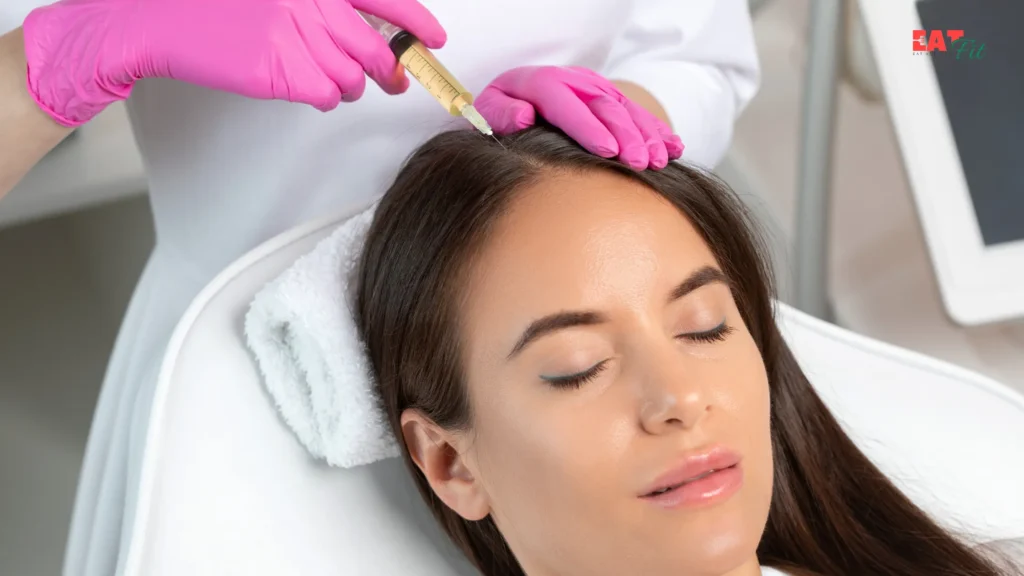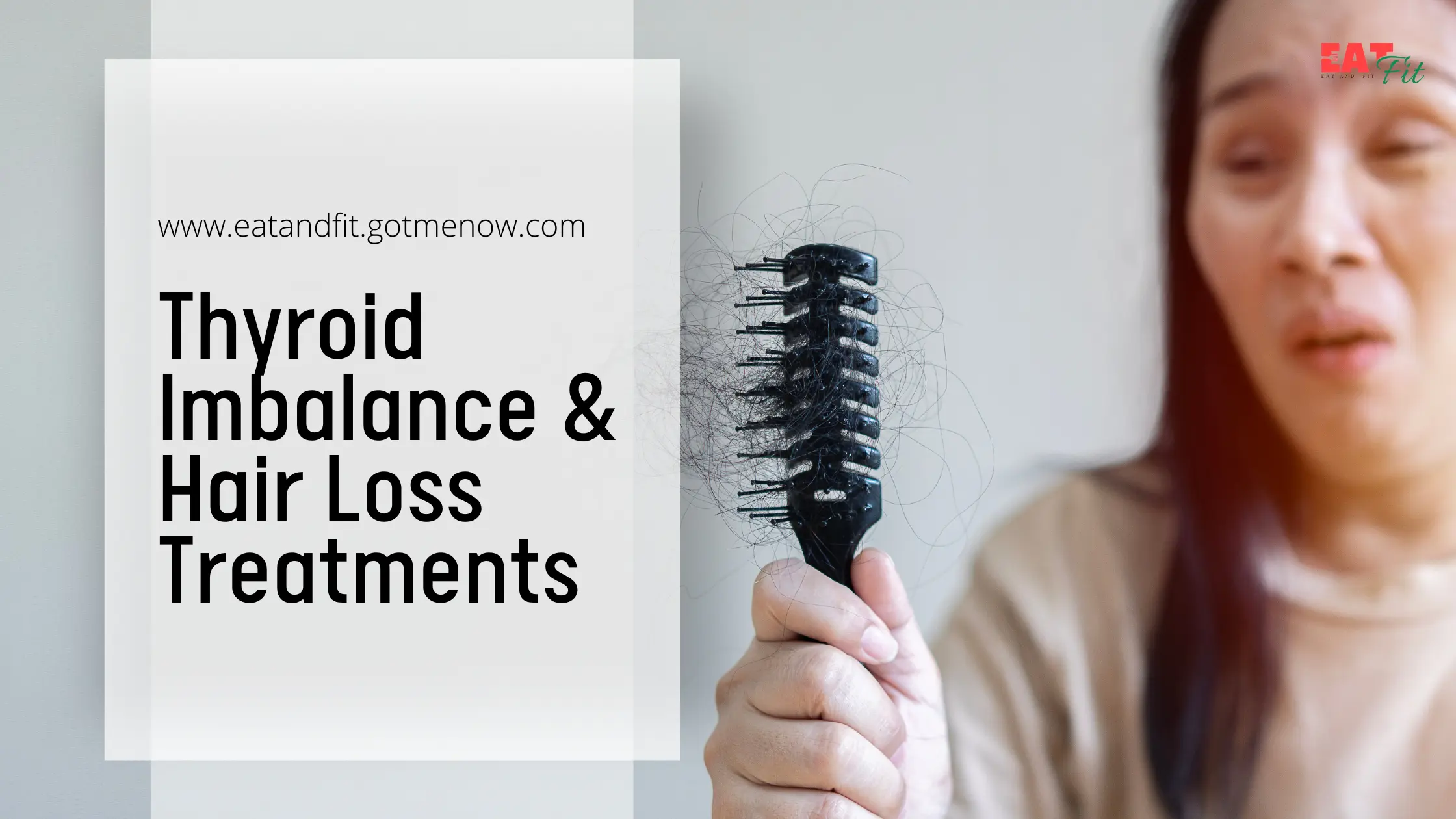Decoding Hair Loss Treatments: Finding What Works Best for You

Table of Contents
- Introduction
- Understanding the Causes of Hair Loss
- Available Hair Loss Treatments
- Factors to Consider When Choosing a Treatment
- Consultation with a Healthcare Professional
- Conclusion
Introduction
Hair loss is a common concern for many people, affecting both men and women of all ages. Whether it’s due to genetics, hormonal changes, stress, or other factors, the quest for effective hair loss treatments is ongoing. With a plethora of options available, from over-the-counter remedies to prescription medications and surgical procedures, it can be overwhelming to determine which treatment is best suited for individual needs. In this comprehensive guide, we’ll delve into the various hair loss treatments, their mechanisms of action, effectiveness, and considerations to help you make an informed decision.
Understanding the Causes of Hair Loss
Before exploring treatment options, it’s essential to understand the underlying causes of hair loss. While genetics often play a significant role in pattern baldness, other factors such as hormonal imbalances, nutrient deficiencies, autoimmune conditions, and stress can contribute to hair thinning and loss.

Available Hair Loss Treatments
1. Over-the-Counter Remedies:
Minoxidil (Rogaine): A topical solution that stimulates hair growth by prolonging the hair growth cycle.
Nutritional Supplements: Biotin, vitamin D, iron, and other supplements may help address nutrient deficiencies associated with hair loss.
Laser Therapy Devices: Low-level laser therapy (LLLT) devices stimulate hair follicles and promote hair growth.
2. Prescription Medications:
Finasteride (Propecia): An oral medication that blocks the conversion of testosterone to dihydrotestosterone (DHT), a hormone linked to hair loss.
Dutasteride: Similar to finasteride, dutasteride inhibits DHT production and may be more potent in treating hair loss.
Combating Receding Hairline: Effective Treatments for Receding Hair Loss
3. Surgical Procedures:
Hair Transplantation: Involves transplanting hair follicles from a donor site to the balding or thinning areas of the scalp.
Scalp Reduction: Surgical removal of bald scalp followed by stretching and repositioning of the hair-bearing scalp.
Factors to Consider When Choosing a Treatment
1. Cause of Hair Loss: Different treatments may be more effective depending on the underlying cause of hair loss.
2. Side Effects: Consider the potential side effects associated with each treatment option.
3. Cost: Treatment costs can vary significantly, ranging from affordable over-the-counter options to expensive surgical procedures.
4. Long-Term Commitment: Some treatments require long-term use to maintain results.
5. Individual Preferences: Factors such as convenience, lifestyle, and personal preferences should also be taken into account.

Consultation with a Healthcare Professional
Before starting any hair loss treatment regimen, it’s crucial to consult with a healthcare professional or dermatologist. They can evaluate your specific condition, identify any underlying health issues, and recommend the most appropriate treatment plan tailored to your needs.
Understanding Hair Loss: Is It Normal to Lose Hair Every Day?
Conclusion
While there is no one-size-fits-all solution for hair loss, various treatment options are available to address the issue. Whether opting for over-the-counter remedies, prescription medications, or surgical procedures, it’s essential to weigh the pros and cons of each treatment and consult with a healthcare professional to determine the best course of action. With patience, perseverance, and the right treatment plan, regaining confidence in your hair’s appearance is possible.








